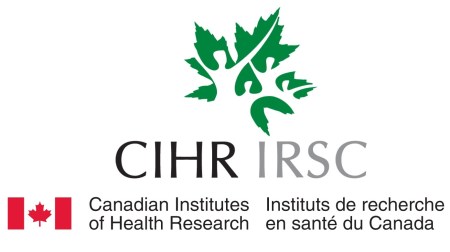
The discovery of antimicrobial agents was one of the great triumphs of the 20th century. The sobering news is that antibiotic resistance was part of the process as well. If nothing is done by 2050, AMR will cost $100 trillion with 10M people/year expected to die (https://amr review.org). Factors driving AMR extend beyond human healthcare with implications in veterinary medicine, agriculture and the environment (the One Health approach). New and improved approaches for tackling AMR include better surveillance; rational drug use, different business model for generating antibiotics, innovation at all levels and most importantly a global approach. This transnational team grant proposal is tasked to apply new machine learning approaches for modelling AMR for faster diagnosis, better surveillance and prediction of resistance emergence. Specifically, we will develop machine learning implementation that can orient the selection of treatments by assessing the level of resistance, provide rational for the generation of novel antibiotics, and assist in the surveillance of human and livestock AMR around the globe. To achieve this, we have assembled a transnational team (Canada, China, Finland, France) with complementary skills with demonstrated expertise in machine learning applied to both genomics and metabolomics and AMR domain experts. Our transnational team has all the elements to be highly impactful and to continue collaborating well past the JPIAMR funding period. The complementarity of our expertise will help us tackle the challenges ahead and ensure our continued success.
Jacques Corbeil CHU de Quebec Université Laval
Marc Ouellette Université Laval
Jie Feng Chinese Academy of Agricultural Sciences Beijing, China
Juho Rousu Aalto University Finland
Véronique Dubois Université de Bordeaux France
Macha Nikolski Université de Bordeaux France
